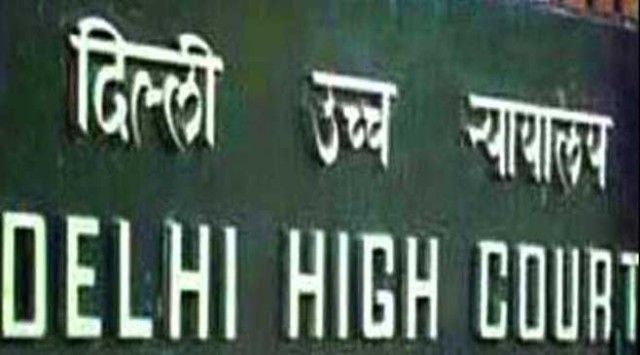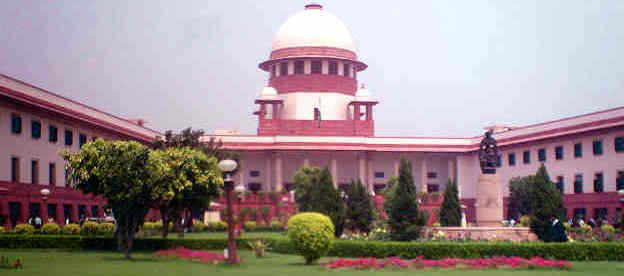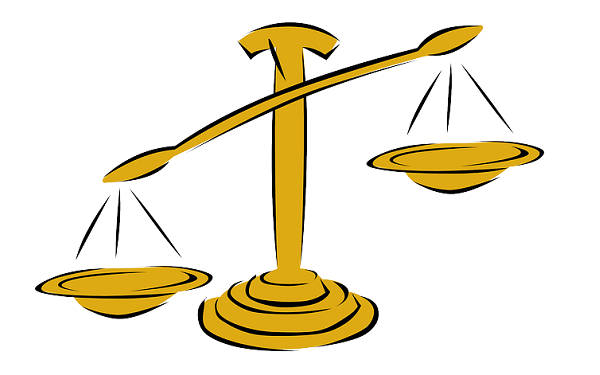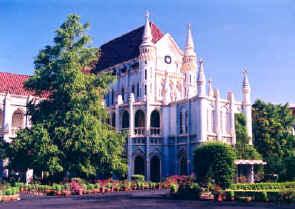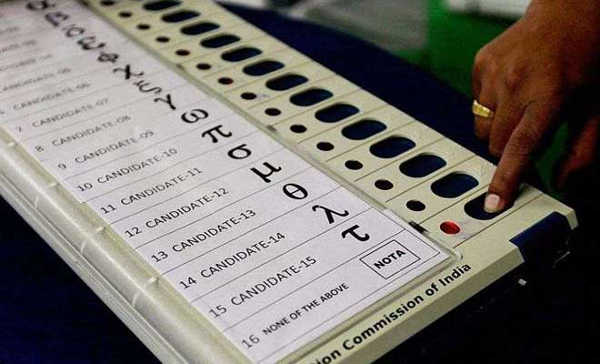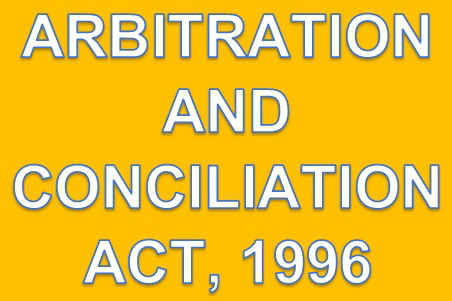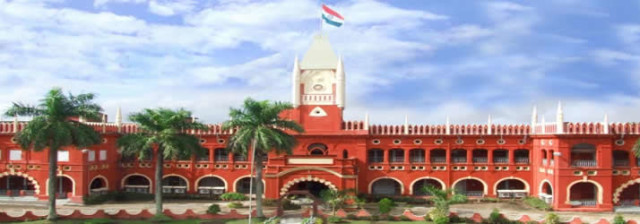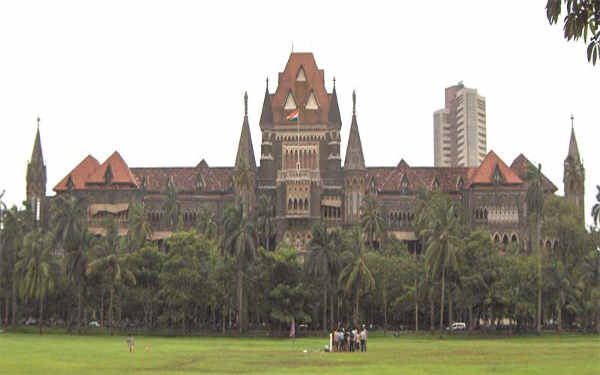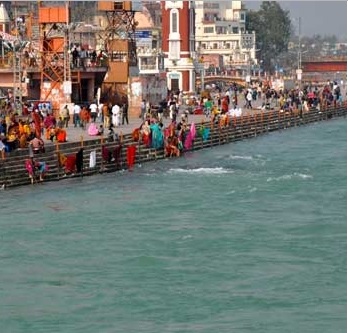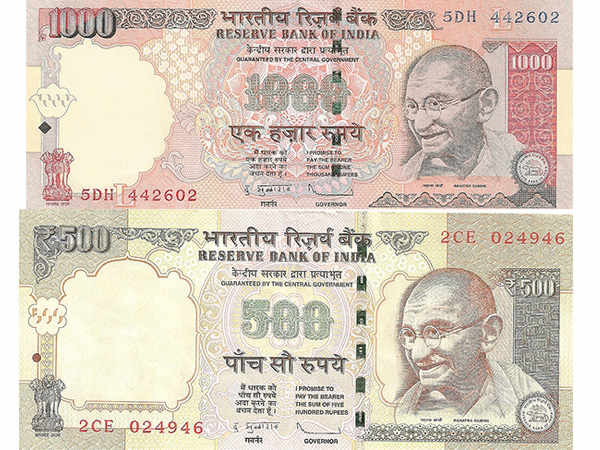The rationale of this article is to critically analyse and appreciate the scope of Section 23 of the Maintenance and Welfare of Parents and Senior Citizens Act, 2007 (hereinafter referred to as the ‘MWPSCA’) and the following two decisions of the High Court of Kerala: Shabeen Martin & Anr. Vs. Muriel & Anr., W.A. No. 1851/2016 (decision dated: 03.10.2016); and Radhamani & Ors. Vs. State of Kerala, W.P. (C) No. 13110/2015 (decision dated: 06.11.2015).
Condition Precedent: Conditional transfers can be of two (2) types: first, where the condition has to be complied with or fulfilled before a transfer could be effected; and second, where condition is to be fulfilled after the transfer is complete. In former cases, the conditions are called conditions precedent. Thus, in cases of conditional transfers with condition precedent, it is only if the condition precedent is fulfilled that the transfer would take place and if the condition imposed is either: opposed to public policy; unlawful; immoral; or impossible to perform; then, the transfers subject to such conditions would become void. For example: If X transfers property to Y subject to the condition that Y must murder Z, then, this condition is void and the transfer would also be void.[1]
Conditional Transfers: Section 25 of the Transfer of Property Act, 1882 (hereinafter referred to as the ‘TPA’) deals, in essence, with the concept of ‘conditional transfers’. Section 25 of the TPA broadly states that, an interest created on a transfer of property and dependent upon a condition- ‘fails’- if, the fulfilment of the condition is: (a) impossible; or, (b) forbidden by law; or, (c) of such a nature that, if permitted, it would- (i) defeat the provisions of any law, or; (ii) be fraudulent, or; (iii) involve or imply injury to the person or property of another, or; (iv) result in court regarding such a transfer as immoral or opposed to public policy. Thus, Section 25 of the TPA renders the transfer of an estate as ‘void’ in case of a condition precedent making such transfer as either- impossible; immoral; or opposed to public policy. In nutshell, when condition precedent is void, it makes the transfer also void; however, if the condition is a ‘condition subsequent’, the condition is void but the transfer may continue to be valid, that is, a subsequent void condition cannot affect the validity of the transfer.
Section 26 of the TPA states that, where the transfer of property is subject to a condition precedent, and the condition precedent has been substantially complied with, then and then alone, the transfer of property can take place. It is important to note that, if the condition precedent becomes impossible to perform, a substantial compliance will make the transfer possible. For example: If X transfers Rs. 100 to Y on the condition that X shall marry with the consent of C, D and E; and later on, if E dies and Y marries with the consent of C and D, then, Y is deemed to have fulfilled the condition.
Section 23 of the MWPSCA- Transfer of Property to be void in certain circumstances: Section 23 of the MWPSCA elucidates situations and/or circumstances regard being had to which the transfer of property shall be declared to be ‘void’. Before moving any further, one must appreciate the nature and spirit of the MWPSCA. The object of the MWPSCA is to provide more effective provisions for the maintenance (food, clothing, residence, medical attendance and treatment) and welfare (food, health-care, recreation centres and other amenities) of parents (biological, adoptive or step) and senior citizens (person being a citizen of India of 60 years of age or above) guaranteed and recognised under the Constitution and for matters connected therewith or incidental thereto.[2]
Section 23(1) of the MWPSCA states that where after the commencement of the MWPSCA, a senior citizen transfers his property by way of a gift deed or otherwise, subject to the condition that the transferee shall provide for the basic amenities and physical needs to the transferor (senior citizen) and such transferee refuses or fails to provide for such amenities and physical needs, then, the transfer of such property by the transferor (senior citizen) shall be deemed to have been made by exercise of fraud, undue influence or coercion upon him.
Section 23(2) of the MWPSCA covers a situation whereby a senior citizen has asserted his right to receive maintenance out of a particular estate, as, when such estate was been transferred by the transferor/senior citizen in favour of the transferee, it was based on the condition precedent that the transferee will provide for the basic amenities and physical needs of the transferor/senior citizen. Mischief under Section 23(2) comes in play when the transferee has notice of such a right of the transferor/senior citizen and/or the transfer was gratuitous.
Section 23(3) of the MWPSCA states that an action can be taken under Sub-section (1) and (2) of Section 23, on behalf of the senior citizen by any organisation referred to in Explanation to Sub-section (1) of Section 5 of the MWPSCA, that is, by any voluntary association registered under the Societies Registration Act, 1860, or any other law for time being in force.
The question that arose for consideration in the case of Radhamani (Supra) was this: Whether the Maintenance Tribunal[3] under the MWPSCA has the power to declare the transfer of property as void, if in case there is no specific recital in the transfer deed stating that, in lieu of the transfer of property by the senior citizen to the transferee, the transferee will be obliged to provide the senior citizen with basic amenities and physical needs?
The Single Judge Bench (A. Muhamed Mustaque, J.) of High Court of Kerala held as follows:
- The MWPSCA has a pivotal role in Indian societal framework; the MWPSCA comprehends a scheme of welfare provisions for senior citizens; the MWPSCA contemplates right of senior citizens beyond the right of ‘maintenance’, that is, for their ‘welfare’.
- Section 23 of the MWPSCA empowers a senior citizen to approach the Maintenance Tribunal to declare a certain specific transfer of property, by way of gift or otherwise, after the commencement of the MWPSCA, as void, if in case the transfer of property was premised on the condition that the transferee shall provide for the basic amenities and physical needs of the transferor; and after the transfer got effected such transferee refused or failed to provide for such basic amenities and physical needs.
- It is not necessary that the condition precedent apropos the transfer of the property should be explicit in the transfer deed, for, Section 23 of the MWPSCA states that, the condition precedent as regards the transfer of property can be express or implied; what is necessary is that, there should be a condition precedent, providing that, subsequent to the transfer of property, the transferee will be obliged to provide for the welfare of the transferor/senior citizen.
- If the condition providing for the welfare of the senior citizen is not expressly provided for in the gift deed/ settlement deed, then, the Maintenance Tribunal is duty-bound to inspect the entire series of events and the surrounding circumstances to find out whether or not, the overall conduct of the donor/senior citizen dispels the intention of the donor/senior citizen to revoke the transfer.
- If any challenge is posed by the transferee stating that the transfer deed is devoid of any recitals making it obligatory for the transferee to provide for the basic physical needs and welfare of the transferor/senior citizen, then the same shall be of no consequence and such an argument will lie in the teeth of Section 23 of the MWPSCA. The MWPSCA empowers the Maintenance Tribunal to declare certain transfers as void which hinge towards the fact that such transfers have been obtained by taking advantage of emotionally dependent senior citizens by their relatives, to grab the property of such senior citizens on the pretext of providing them with emotional support.
- Section 122 of the TPA defines gift as a transfer of certain existing moveable/immoveable property made voluntarily and without consideration. Section 126 of the TPA makes a provision to suspend/revoke the gift on happening of any specified event on which donor and donee may have agreed. The word ‘consideration’ as regards Section 122 of TPA refers to ‘monetary consideration’ and does not include natural love and affection. The gift deed premised on a promise that donee will look after the donor suffering from old age and destituteness is a transaction sans any monetary consideration. Thus, the purport of Section 23 of the MWPSCA must prevail to the effect that in case the donee does not provide for the welfare of donor/senior citizen, the gift deed which was executed by the donor/senior citizen in favour of the donee on the condition precedent, that, the donee will look after the donor/senior citizen suffering from old age, will become ‘void’. The condition precedent can be oral or it may find mention in the recitals of the gift deed/settlement deed. Under the Second Proviso to Section 92 of the Indian Evidence Act, 1872, the existence of any separate oral agreement as to any matter on which a document is silent, and which is not inconsistent with its terms, may be proved; moreover, under the Third Proviso to Section 92 of the Indian Evidence Act, 1872, the existence of any separate oral agreement, constituting a condition precedent to the attaching of any obligation under any such contract, grant or disposition of the property may be proved.
Further, in the case of Shabeen Martin & Anr. (Supra) the Division Bench (Mohan M. Shantanagoudar, C.J. & Antony Dominic, J.) of High Court of Kerala held that, a bare perusal of Section 23(1) of the MWPSCA would show that it is not the legislative requirement or intent, that, the document evidencing the transfer, either by gift or otherwise, should contain an express condition that the transferee shall provide for the basic amenities and physical needs of the transferor/senior citizen. However, if there are evidences to the satisfaction of the authorities under the MWPSCA that the requirements of Section 23 are satisfied in a case, then, it is always open to the authorities to invoke their power under Section 23 of the MWPSCA and invalidate the transfer, holding the document effecting the transfer as null and void, because, the condition precedent on which the transfer was premised (that is, to provide for the welfare of the transferor/senior citizen) had not been complied with by the transferee.
Comment: The MWPSCA is social-welfare legislation with Section 23 of the MWPSCA as the rein highlight. A gift deed/settlement deed entered into between the transferor/senior citizen and the transferee/relative can be reduced to not worth the paper it is written on, if the transferor/senior citizen is able to prove before the Maintenance Tribunal that the transfer was effected by exercise of fraud, undue influence or coercion upon him by the transferee/relative, as the transfer that effected was premised on the promise that the transferee/relative will provide for the physical needs and basic amenities of the transferor/senior citizen during his old age, which the transferee/relative failed to provide. The condition precedent based on which the transfer was effected may not be in writing, forming part of the recitals of the transfer deed, but the same can be inferred from the overall facts and circumstances of the case and the conduct of the parties thereto (that is, transferor/senior citizen and the transferee/relative).
*****
[1] See: Poonam Pradhan Saxena, Property Law, Chapter 2: Of Transfers of Property by Act of Parties, Lexis Nexis (2006), p. 115
[2] Though the parents can claim maintenance under Section 125 of the Code of Criminal Procedure, 1973, but the procedure is both time-consuming as well as expensive. Thus, the MWPSCA was enacted with the intellection of providing simple, inexpensive and speedy provisions for the parents to claim maintenance. It is important to note that, senior citizens/parents can choose to seek maintenance either under the MWPSCA or under the provisions of the Code of Criminal Procedure, 1973, if applicable, but not under the provisions of both the enactments.
[3] According to Section 2(j) of the MWPSCA, ‘Tribunal’ means the Maintenance Tribunal constituted under Section 7 of the MWPSCA. According to Section 7 of the MWPSCA, the State Government may by notification in the Official Gazette constitute one or more Tribunals for each Sub-Division and the Tribunal shall be presided over by an officer not below the rank of Sub-Divisional Officer of the State and where two or more Tribunals are constituted for any area, the State Government may, by general or special order, regulate the distribution of business among them. Section 15 of the MWPSCA provides for the constitution of Appellate Tribunal by State Government presided over by an officer not below the rank of District Magistrate.

